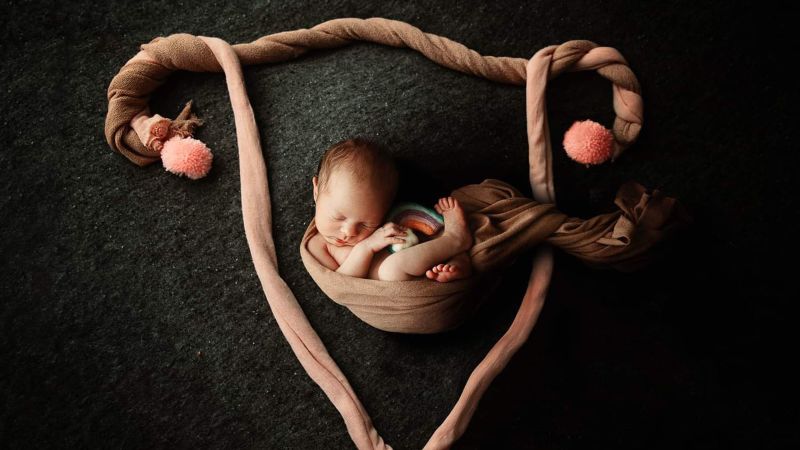
‘My journey ends’: Without IVF, this Alabama uterine transplant patient loses her hope for a second baby
CNN
Time is running out for Elizabeth Goldman to have one more baby with the uterus she received in a transplant two years ago. Her IVF treatments were halted after a state Supreme Court ruling last month, and it’s a delay she says her family can’t afford.
Time is running out for Elizabeth Goldman to have one more baby with the uterus she received in a transplant two years ago. Her IVF treatments were halted after a state Supreme Court ruling last month, and it’s a delay she says her family can’t afford. When she was 14, she was told that she had been born without a uterus and that she would never get pregnant. “I was told that it would basically be impossible,” said Goldman, who has a condition called Mayer-Rokitansky-Küster-Hauser syndrome that affects the reproductive system. “I always dreamed of carrying my own baby, so I was completely heartbroken.” Years later, when Goldman married her husband, Timmy, she was convinced she would never be able to carry his baby. But everything changed in 2020, when the couple learned about the University of Alabama at Birmingham’s uterus transplant program. They sold their home in Mobile and moved to Birmingham to enroll in the program in April 2021 in the hopes of starting a family.

The US Centers for Disease Control and Prevention has been tracking abortion trends for decades, but this year’s report — including some of the earliest federal data reflecting the effect of significant changes to abortion access nationwide – has been pushed back until spring amid turmoil at the federal agency.












